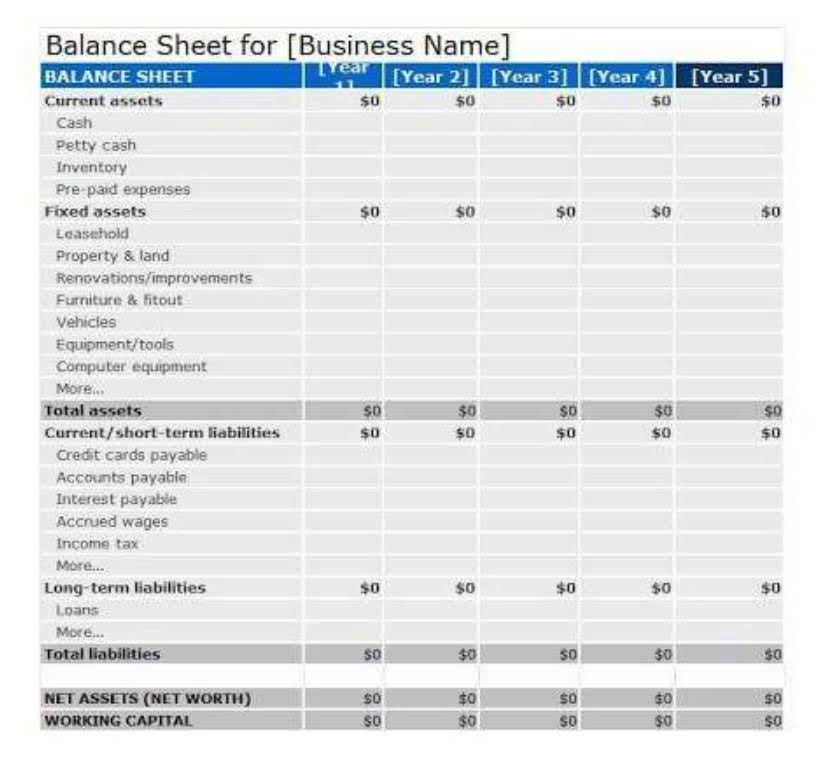Ne pare rau, cosul de cumparaturi este gol.
Bookkeeping and Payroll Services
- By Nanotel
- /
- Bookkeeping
- |
- 87 Views
- |
- 0 Comment

This ongoing process helps you monitor cash flow and quickly identify trends or discrepancies in a business’s finances. Think of bookkeeping as the foundation of a house without properly maintained records, accountants wouldn’t have the reliable data needed to analyze business performance or plan for the future. While bookkeepers handle the daily financial tasks, accountants take a broader view, guiding businesses on budgeting, tax strategies, and long-term financial growth. Both roles are balance sheet essential, working together to ensure businesses stay financially healthy and compliant.

What is payroll software for accountants?
They reconcile transactions, prepare financial statements, and provide you with a year-end financial package to make tax filing easy. Bookkeepers ensure that all of a company’s expenses, income, and transactions are recorded in the company’s books and reconcile the company’s financial accounts, typically on a monthly basis. Bookkeepers might also help with financial statement and financial report preparation.
- In our earlier section on the difference between a bookkeeper and an accountant, you recall that bookkeepers handle a lot of manual data entry.
- In the majority of cases, the designations of bookkeepers do not meet legal specifications of fee-based tax preparation.
- Ensure their communication style aligns with yours and that you feel confident in their ability to explain financial matters clearly.
- Even though bookkeepers are not accountants or payroll professionals, there might be times when they need to do some accounting or payroll work.
How do bookkeeper duties vary between large and small businesses?
Mistakes in financial records don’t just cause confusion they can lead to IRS penalties, cash flow issues, and missed growth opportunities. A bookkeeper ensures that everything stays in order, giving business owners more time to focus on running and expanding their operations instead of worrying about numbers. With accurate financial data at their fingertips, business owners can make smarter decisions, plan for the future, and avoid unnecessary stress. That’s why businesses of all sizes, from startups to established corporations, trust professional bookkeepers to keep their finances on track. Effective accounting and bookkeeping services are crucial for maintaining accurate financial records, ensuring legal compliance, and making informed business decisions.

Bookkeeping vs Payroll

Bookkeepers regularly, usually monthly, compare the company’s financial records to bank and credit card statements to make sure the transactions and balances match. If something doesn’t line up, they figure out why—maybe there was a bank error or missed transaction—and do bookkeepers do payroll fix the company’s books. While both roles are essential to a company’s financial operations, each requires its own specialized knowledge and skills. Our sister article on looking for the best payroll software for accountants reminds you of more reasons this can help. Automated tracking of features removes the risk of human error as well as the need to pay another employee.. Accountants know this, which is why they jump over numerous hurdles to get to where they are today.
- Just like a perfectly balanced dish relies on all the right ingredients, your finances need smooth teamwork between bookkeeping and payroll.
- Once information is compiled, payroll processing follows a sequence of actions.
- One common approach is handling payroll entirely in-house, where the business’s own staff manages all aspects of payroll processing.
- It allows the bookkeeper to be more involved with the tax matters, while the supervising professional will always look at the accuracy and compliance.
- Using the data from your ledgers, you’ll prepare regular financial statements, such as income and cash flow statements.
- Responsibility for this role lies with the accountants and tax practitioners.
Small Businesses and Sole Proprietorships

They also track accounts payable (outstanding bills), accounts receivable (invoices or payments from customers) and profit and loss, according to the U.S. Bookkeepers track https://prueba.jalperu.com/your-bank-account-number-explained-what-it-means/ the money owed to the business (accounts receivable) and the money the business owes to others (accounts payable). This includes calculating wages, figuring out tax deductions and other withholdings, and making sure payments go out on time. Staying up-to-date with payroll rules helps the business pay people correctly and handle payroll taxes properly.
- Continuing education is also a significant aspect for accountants and CPAs when it comes to maintaining licensure and staying informed about industry changes.
- But this can be stressful and overload the work for the given individual.
- Because it is just one aspect of an accounting process, payroll accountants often report to the head of their payroll department.
- Think of bookkeeping as the foundation of a house without properly maintained records, accountants wouldn’t have the reliable data needed to analyze business performance or plan for the future.
-
Transport gratuit in Ploiesti
-
Telefon: 0746.216.034
-
Livrare 24/48 h
-
Produse Certificate


Lasă un răspuns